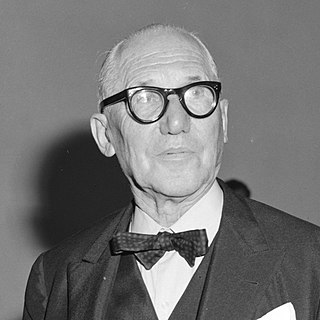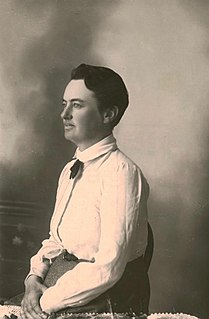A Quote by Le Corbusier
Our world, like a charnel-house, is strewn with the detritus of dead epochs.
Related Quotes
Chain me with roaring bears;
Or shut me nightly in a charnel-house,
O'er-covered quite with dead men's rattling bones,
With reeky shanks and yellow chapless skulls;
Or bid me go into a new-made grave,
And hide me with a dead man in his shroud;
Things that, to hear them told, have made me tremble;
And I will do it without Fear or Doubt,
To live an unstain'd Wife of my sweet Love.
Various epochs of the past have had their own characteristic struggles and interests. Each of these great epochs has left behind itself a kind of cultural deposit, like a geologic stratum. These deposits have found their way into educational institutions in the form of studies, distinct courses of study, distinct types of schools.
And now my old dog is dead, and another I had after him, and my parents are dead, and that first world, that old house, is sold and lost, and the books I gathered there lost, or sold- but more books bought, and in another place, board by board and stone by stone, like a house, a true life built, and all because I was steadfast about one or two things: loving foxes, and poems, the blank piece of paper, and my own energy- and mostly the shimmering shoulders of the world that shrug carelessly over the fate of any individual that they may, the better, keep the Niles and Amazons flowing.
The greatest responsibility in this world that God has laid upon us is to seek after our dead. The apostle says, 'They without us cannot be made perfect'; for it is necessary that the sealing power should be in our hands to seal our children and our dead for the fulness of the dispensation of times-a dispensation to meet the promises made by Jesus Christ before the foundation of the world for the salvation of man.
There are lone figures armed only with ideas, sometimes with just one idea, who blast away whole epochs in which we are enwrapped like mummies. Some are powerful enough to resurrect the dead. Some steal on us unawares and put a spell over us which it takes centuries to throw off. Some put a curse on us, for our st idity and inertia, and then it seems as if God himself were unable to lift it.







































